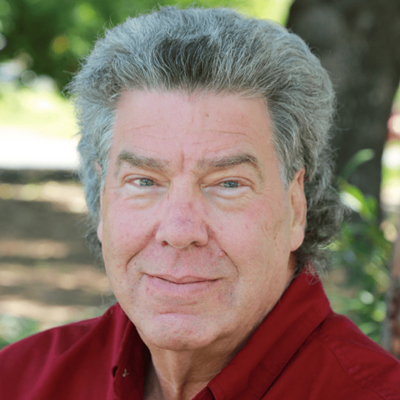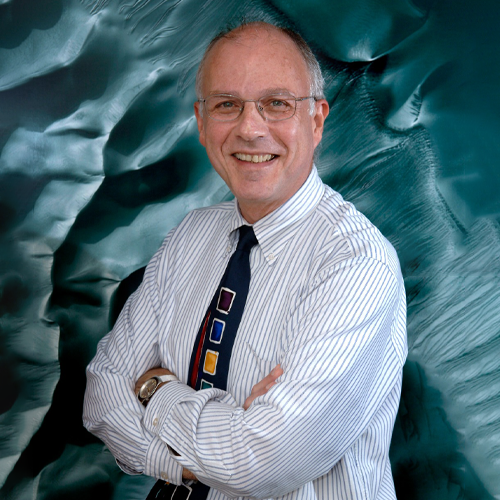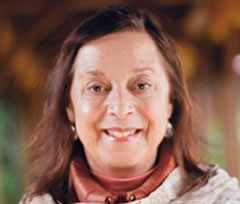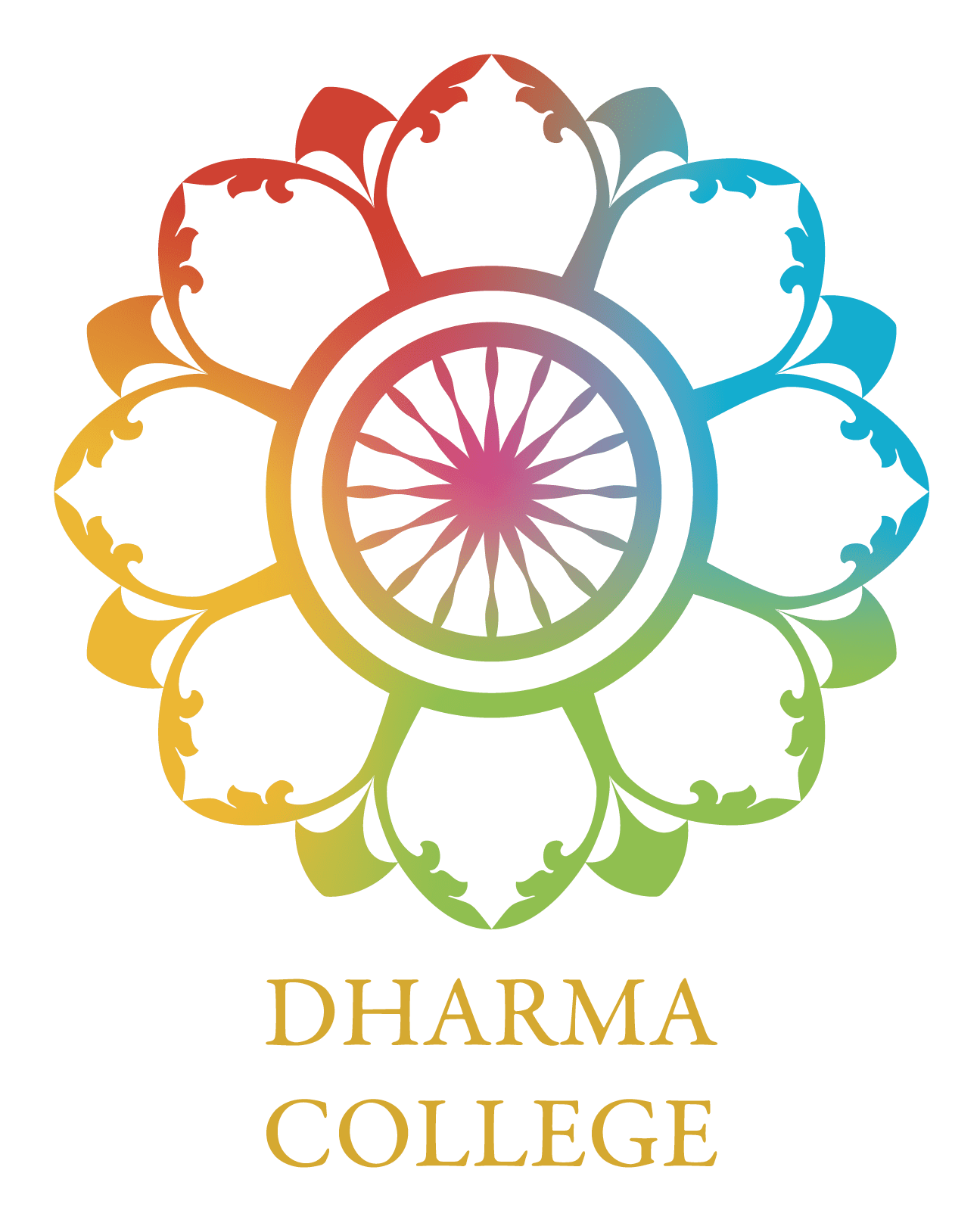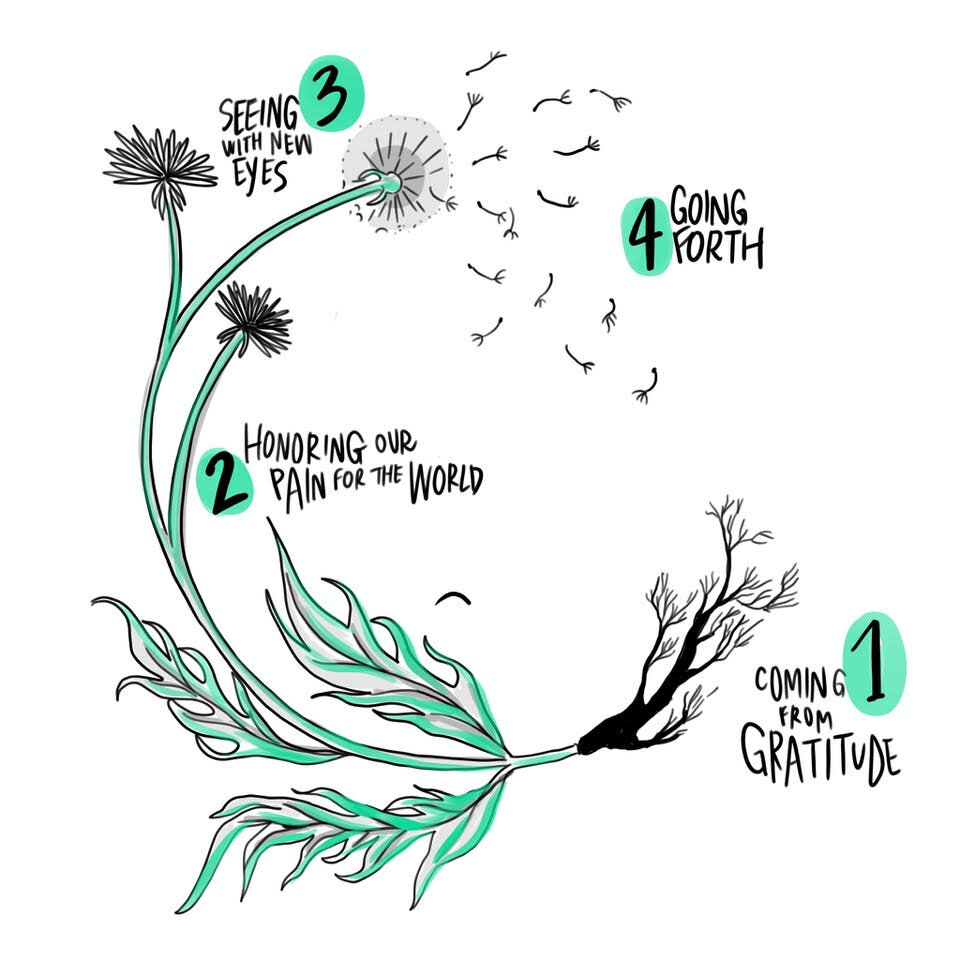
Are we on the brink of ecological disaster? Climate disruption is accelerating. Social cohesion is frayed. There is hope and opportunity to restore our planet, “a great turning,” but we may also have to go through “a great unravelling.” Buddhist contemplative practice, western philosophy, science and literature, and the wisdom of Indigenous people will inform our inquiry into how we and the whole web of life on Earth can live and prosper into the far future. We will consider how our embodiment, through our senses, actions, and emotions, contributes to our understanding of and engagement with our environment.
Who is this course for
This course has been developed for anyone interested in the natural world and our place in it. No scientific training is required, although the material presented meets high scientific standards, so people with scientific training will also benefit.
What you will gain- Join a community of people deeply engaged with personal and environmental transformation.
- Find new ways to engage with the natural world
- Discover new meaning and a way to be a true steward for all living things
Our learning objective is to engage environmental crisis through Embodied Ecology, including meditative and contemplative practices and exercises from Tarthang Tulku. We will explore Anthropology, Evolution, Epistemology, Systems theory, the Wisdom of Plants, Indigenous ritual, Buddhist Philosophy and Western Phenomenology.
"Thank you for such a
wonderful class and I look forward to hearing how we go forward.
Margaret M.
"I really appreciate
that the concept of Embodied Cognition is helping me to bring
together some different areas of interest/knowledge into a more coherent whole,
transparentizing and dissolving the partitions between them, helping me to
see connections."
Simon C.
"I'm loving the way
the course is provoking connections in me!"
Simon M.
Classes meet online
for seven weeks, 1.5 hours a week. Classes are recorded and accessible for six
months on our dedicated community portal. Each week features short
presentations, experiential exercises, and discussion.
Week 1: Introduction to
Embodied Ecology
Week 2: Ecosystems are Places
Week 3: Embodied Knowing is
Evolution
Week 4: Contemplative
Ecology: Becoming Indigenous to a Place
Week 5: The
Work that Reconnects
Week 6: The Council of All
Beings
Week 7: Re-Vision
- Caring (Tarthang Tulku)
- Gesture of Great Love (Tarthang Tulku)
- The Practice
of the Wild (Gary Snyder)
- Steps to an Ecology of Mind: Collected
Essays in Anthropology, Psychiatry, Evolution, and Epistemology (Gregory
Bateson)
- World as Lover, World as Self: 30th
Anniversary Edition: Courage for Global Justice and Planetary Renewal (Joanna
Macy, Stephanie Kaza, et al.)
- Braiding
Sweetgrass (Robin Wall Kimmerer)
- The Embodied Mind: Cognitive Science
and Human Experience (Francisco Varela, Evan Thompson and Eleanor Roche)
- Notes on Complexity: A Scientific
Theory of Connection, Consciousness, and Being (Neil Theise)
- Lotus Mind
(Tarthang Tulku)
- Keys of Knowledge
(Tarthang Tulku)
- Buddhist
Steps to an Ecology of Mind (Bill Waldron)
- The Blind Spot (Adam
Frank, Marcelo Gleiser, Evan Thompson)
- Turtle Island (Gary
Snyder)
Handouts will be provided with extracts from the books
during each class
Bob Dozor is the Medical Director of the Integrative Medical Clinic of Santa Rosa and the Nyingma Senior Retreat Center at Ratna Ling. He holds a BA from the University of Chicago in the history and philosophy of science and an MD from the University of California, San Francisco. He has been a student of Buddhism since the 1960’s and a student of Venerable Tarthang Tulku since 1972.
Carl Pilcher is retired from a career in space science. He holds a B.S. and Ph.D. in Chemistry, the latter from the Massachusetts Institute of Technology, and an M.P.A. in International Relations from Princeton University. He was on the astronomy faculty of the University of Hawaii for a dozen years before becoming a NASA administrator for almost 3 decades. His professional arc took him from planetary science to serving as Director of the NASA Astrobiology Institute. He began studying ancient teachings in 2015 with a Hindu teacher and joined the Dharma College community as a student in late 2021. Central to his interests are integrating ancient wisdom, particularly of non-dualism, with a modern scientific world view.
Rosalyn White has studied
meditation and Tibetan art under the guidance of the Tibetan Buddhist teacher,
Tarthang Tulku, since 1972. She holds a BFA in Fine Arts from the California
College of Art and a teaching credential from UC Berkeley. She has been teaching
classes in meditation and sacred art for over 40 years. She has worked in the
Nyingma Community since 1975, illustrating Dharma Publishing and Yeshe De books
and contributing designs for the Odiyan retreat center. She also managed Dharma
Publishing for two years, the Tibetan Aid Project for ten years and Ratna Ling
Retreat Center for seven years.
Level 100 | Living
Tuesdays March 11- Apr 22, 2025,
10:00- 11:30 am PST
FREE CANCELLATION AFTER FIRST CLASS


